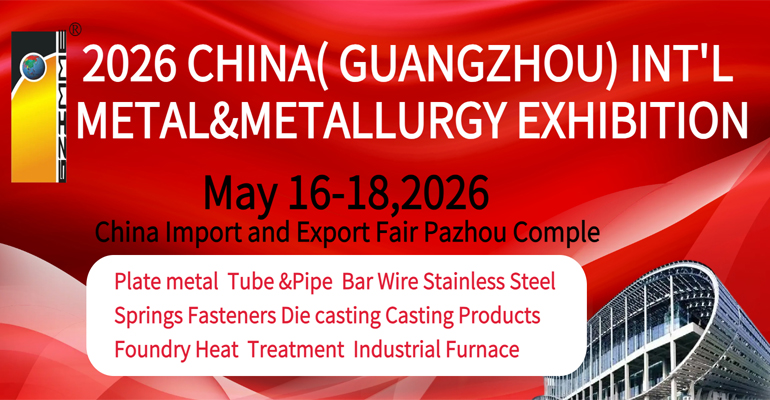Kobe Steel and Mitsubishi UBE Cement Corporation (MUCC) have agreed to move forward with a joint venture feasibility study focused on black pellets, a biomass-based raw material and fuel that can help reduce CO2 emissions.
Unlike widely used white pellets, black pellets are produced by torrefying white pellets under controlled conditions. This process gives them a calorific value similar to coal, making them a promising low-carbon alternative for both power generation and steelmaking. Sourced from forest-thinning, sawdust, and other underutilized wood materials, black pellets are considered carbon-neutral and environmentally sustainable.
In addition to their fuel properties, black pellets are water-resistant and less prone to spontaneous combustion, allowing for safer and more flexible storage and handling.
Kobe Steel has been collaborating with MUCC on a preliminary feasibility study to explore the wider use of black pellets in Japan and abroad. MUCC is regarded as a leader in black pellet production and coal co-firing technologies, with long-term stable operation of one of Japan’s largest manufacturing facilities.
The companies now plan to conduct a detailed feasibility study on applying MUCC’s technology at Kobe Steel’s Kakogawa Works. Based on the results, they may establish a joint venture by 2026. Kobe Steel is also considering building new black pellet plants overseas to supply external customers, in addition to using them internally to support its decarbonization goals.


